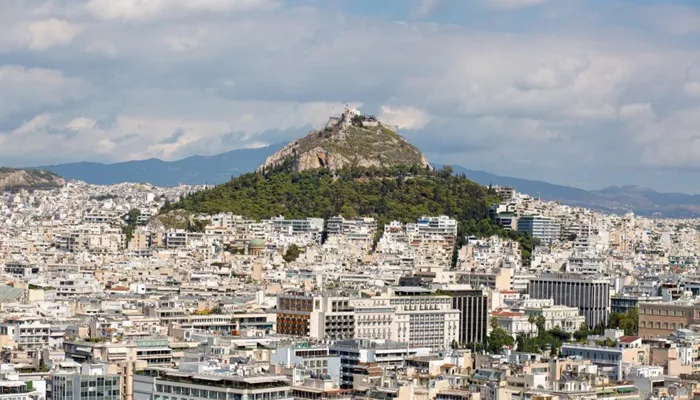When Berta Frangieh, a pharmacist from Gaza, arrived in Australia five months ago, she was relieved to escape the conflict in her homeland. “Australia is beautiful, and I’m happy here,” the 25-year-old said.
However, her optimism was short-lived. Upon settling in Sydney, Frangieh discovered that her new life was at a standstill. I am a pharmacist and used to work in a pharmaceutical company, but since arriving in Australia, I can’t work or study because I am on a visitor visa,” she explained.
Frangieh is among approximately 1,300 Palestinians who have come to Australia on visitor visas since October last year. These visas do not permit work or study, leaving many like her feeling uncertain about their future. “There’s fear of the future because nothing seems guaranteed, but at the same time, I have hope to keep going,” she said.
Palestinians Seek Opportunities
Last week, over 400 Palestinians who fled Gaza attended a job expo in Bankstown, Sydney. The event provided career advice, resume assistance, and training workshops. Many attendees are highly educated professionals with university degrees.
NSW Emergency Services Minister Jihad Dib addressed the crowd, highlighting a common misconception. “There is this misnomer that people from Gaza are arriving without education,” he said. “We have engineers, doctors, and pharmacists here. We need to get their qualifications recognized.”
Mohammed El Helou, a former businessman from Gaza, shared his struggles. His family’s import and export business was destroyed by the conflict. “With the beginning of Israel’s war on Gaza, my company was completely destroyed,” he said, adding that he has lost 300 family members. “Starting over is not easy,” he said, noting that age complicates the challenge.
Visa Challenges and Government Response
The Australian government has introduced a new pathway to a three-year humanitarian visa for a limited number of Palestinians who arrived from Gaza since October 7 last year. Between October and September 11, the government rejected more than 7,100 Palestinian visa applications, approving 2,963. In contrast, 9,865 visas were granted to Israelis, with only 255 rejected.
The new visa is available to a select few Palestinian families and offers access to Medicare, work, and study rights. However, applicants must relinquish any protection visa claims, which some have already applied for. The new humanitarian visa process is significantly faster, taking about two months compared to the eight-year wait for protection visas.
Jihad Dib praised the move, stating, “It means that people who have come here under difficult circumstances have an opportunity to participate in life in Australia…given their high levels of education.”
Criticism and Calls for Equality
Suzan Wahab, president of Palestinian Christians in Australia, criticized the selective nature of the new visa pathway. “What’s special about those families as opposed to the rest?” she questioned. “They should give it to all families, as long as they pass security checks.”
Masood Almassri, a 24-year-old dentistry graduate, expressed frustration. He had been on the verge of starting his career in Gaza when the war erupted. “I had hopes, dreams, and goals, but unfortunately, everything has vaporized,” he said. Almassri is awaiting the outcome of his application under the new visa pathway. “We entered on a visitor visa, applied for a protection visa, and now we’re on a bridging visa. It’s not clear what will happen next,” he added.


